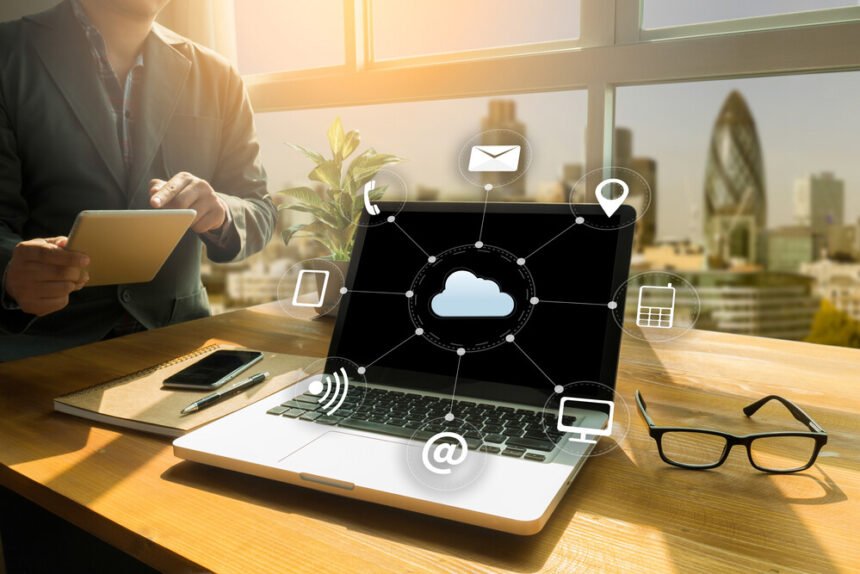From the way consumers find places to eat, to the way customers order food and then leave reviews after they leave, the cloud is impacting every aspect of the customer cycle within restaurant industry.
1. The Yelp Apocalypse
It turns out that all the pictures customers take of their food might not just be for Instagram. Yelp has become one of the most popular review sites for restaurant patrons because it allows anyone to become an instant food-critic. South Park satirized this phenomenon in a recent episode, although, in practice the Yelp platforms is a great way for new restaurants to build a reputation.
Many eateries feature the Yelp logo on their door, right next to their accepted forms of payment. They want the exposure and credit for the hard-work they’ve put into creating an amazing dining experience for their guests. And, because of the cloud, Yelp can push a single individual’s review out to the masses.
2. Processing Customer Payments
My grandfather’s identity has been stolen twice. Both times, it turns out, the waiter at a restaurant copied down his card details after collecting his check from the table to process the payment. When the payment instrument leaves the customer (whether digitally or physically), the customer is at risk for identity theft. Numbers can be copied down from the physical card, or payment systems can be hacked and customer records sold to the highest bidder on the black market.
Thankfully, there are new restaurant software solutions on the market to help cut-down on identify theft. Cloud-based security and encryption software has allowed restaurants to begin processing payments in-front of the customer, from anywhere in the restaurant. For example, UNO’s has Zoosk tablets at each table. The customer’s food order, or request for a refill can be placed using the tablet. And, when it’s time to settle the tab, the customer can swipe their own card; completely removing the waiter from the payment process.
And, because these connections are encrypted and secured over the cloud, the digital risk for identity theft (a $24.7 billion crime) is greatly minimized.
3. Restocking and Supply Monitoring
One of the areas that eats up a ton of time in the kitchen is the process of maintaining an inventory on ingredients, and then reordering the staples of any good kitchen. The quality of the products has to be perfect, or else the food that is prepared suffers. And, a big part of ingredient quality is freshness.
The cloud allows for restaurants to monitor their food inventory and freshness by keeping a database that’s accessible in the kitchen, in the office and from the road. For example, purchasing agents meeting with new suppliers can access up-to-the-minute statuses of their business’ inventory for specific items. They can close the communication loop with the kitchen and place an immediate order (due to low quantity or age of the item).
This cuts down on food waste. Having a database that’s immediately updated provides a track-record that can be used to analyze trends. And, your kitchen staff doesn’t need to provide all of the data. A cloud-based inventory system can track invoices as they come in, and pair them with delivery confirmations. Then, based on the food stats that are preloaded, your cloud-based POS system can report on the items sold, which leads to a hyper-accurate measurement of inventory.
The trends gathered, automatically by the system once properly configured, provides everything inventory managers need to establish trends and order based on data, rather than blind instinct.
Customer Marketing, Customer Service, Customer Feedback, Inventory and Payment Processing – The True Impact of the Cloud
A company that operates in the cloud is smarter, more secure and better positioned to cater to the needs of their customers. They can rely on happy customers (and especially the unhappy ones) to generate buzz for their establishment on cloud-based review sites, like Yelp. If they’re savvy, they’ll have an individual assigned to monitor and engage with that feedback in a professional, helpful way.
But, above all else, the cloud increases efficiency. Items can be set to order based on actual stock and freshness levels. Payments can be processes securely by the customer at the table, and the overall health of the company can be monitored by managers from virtually anywhere. The cloud is fast becoming the successful restauranteur’s secret ingredient for success.

